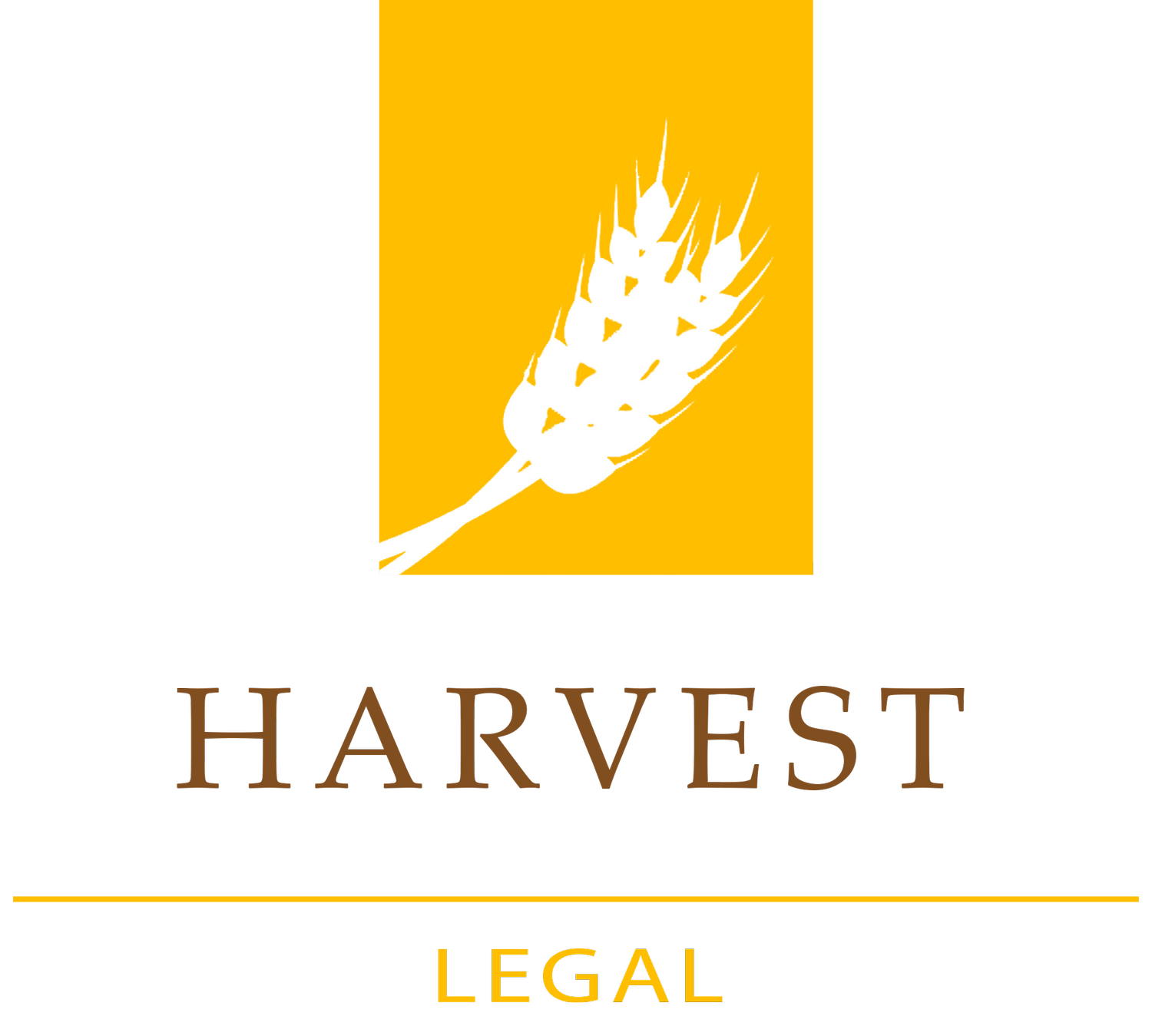Understanding Misdemeanors in Kansas
Harvest Legal attorney Chris Ambrose represents a client in Lyon County District Court.
In Emporia, Cottonwood Falls, and other cities in Kansas, misdemeanors are less serious than felonies but still carry significant consequences, including jail time, fines, and a criminal record. If you're facing a misdemeanor charge, understanding the court process and having skilled legal representation can make a significant difference in the outcome of your case.
Types of Misdemeanors in Kansas
Misdemeanors in Kansas are classified into three classes:
· Class A: The most serious, punishable by up to one year in jail and a fine of up to $2,500. Examples of Class A misdemeanors include interference with law enforcement, DUI second conviction, and possession of marijuana second conviction.
· Class B: Punishable by up to six months in jail and a fine of up to $1,000. Examples include possession of marijuana and driving with a suspended license.
· Class C: The least serious, punishable by up to one month in jail and a fine of up to $500. An example of a Class C misdemeanor is disorderly conduct.
The Misdemeanor Court Process
The process for misdemeanor cases in Kansas generally follows these steps:
1. Arrest and Charges
An arrest might occur if a law enforcement officer has probable cause to believe you committed a misdemeanor. After the arrest, the prosecutor will review the evidence and decide whether to file formal charges.
2. First Appearance
Your first appearance in court usually happens within a few days of your arrest. During this hearing:
· The judge informs you of the charges.
· You're advised of your rights, including the right to remain silent and the right to an attorney.
· The judge might set bail or release you on your own recognizance.
3. Plea and Pretrial Motions
· Entering a Plea: You'll be asked to enter a plea of guilty, not guilty, or no contest.
· Pretrial Motions: Your attorney might file motions to suppress evidence, dismiss charges, or request other legal actions.
4. Diversion Programs
Kansas offers diversion programs for certain misdemeanor offenses, often for first-time offenders. Diversion allows you to avoid a conviction by completing requirements like:
· Community service
· Counseling or treatment
· Restitution to the victim
· Educational classes
If you successfully complete the diversion program, the charges are typically dismissed, and you might be eligible to have the arrest expunged from your record.
5. Trial
If you plead not guilty or no contest, and a diversion program isn't an option, your case will proceed to trial. A jury will hear evidence and determine your guilt or innocence.
6. Sentencing
If you're found guilty (or plead guilty), the judge will impose a sentence. Sentencing for misdemeanors can include:
· Jail time
· Fines
· Probation
· Community service
· Restitution
· Other conditions (like substance abuse treatment, anger management)
7. Appeals
If you're convicted, you have the right to appeal the conviction to a higher court.
Why You Need an Attorney
Even though misdemeanors are less serious than felonies, they can still have significant consequences. A misdemeanor conviction can result in jail time, fines, a criminal record that can affect your employment and housing prospects, and driver's license suspension.
An experienced criminal defense attorney can:
· Protect your rights throughout the process.
· Explain the charges and potential penalties.
· Investigate the facts of your case.
· Negotiate with the prosecutor for a reduced charge or diversion.
· Represent you effectively in court.
Don't Take Chances with Your Future
If you're facing a misdemeanor charge in Kansas, contact Harvest Legal today for a free consultation. We have experienced attorneys who are dedicated to defending the rights of our clients and achieving the best possible outcomes.


